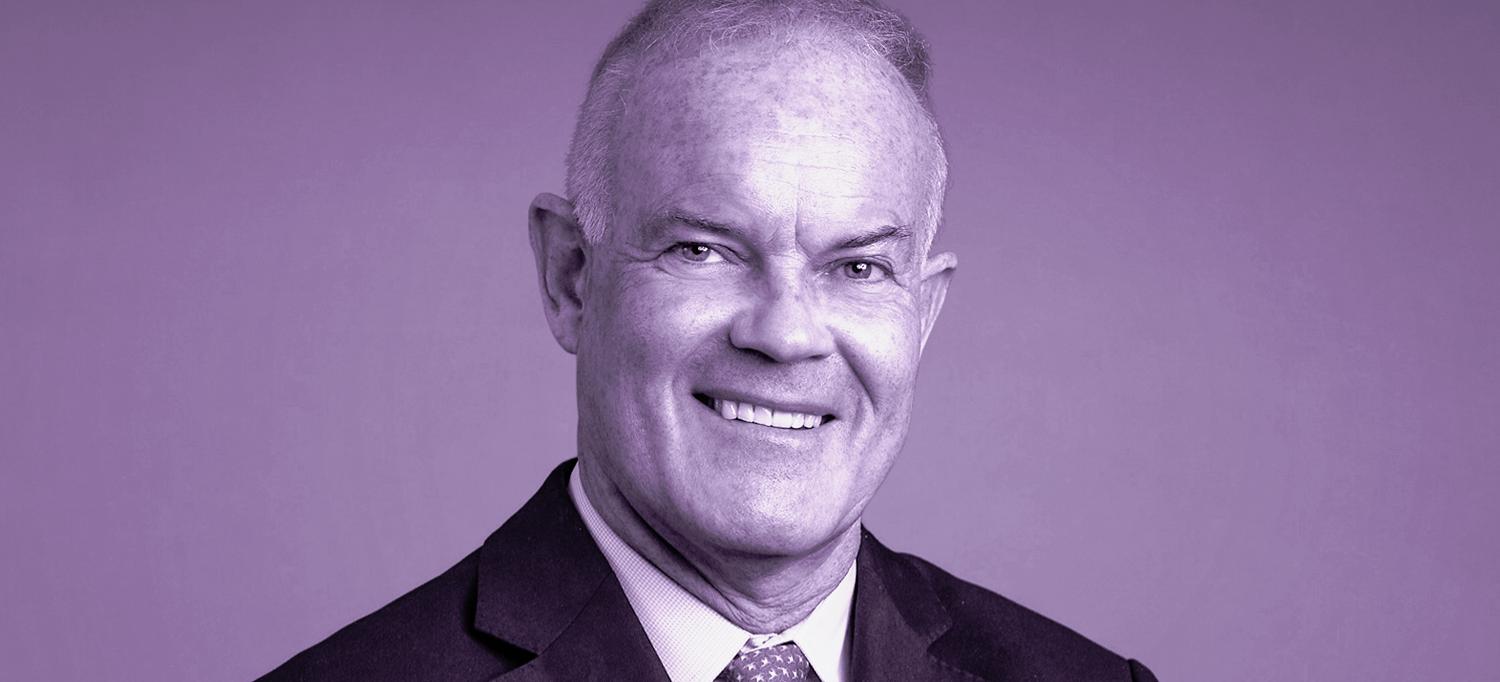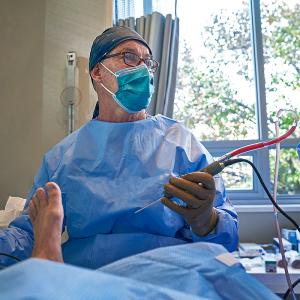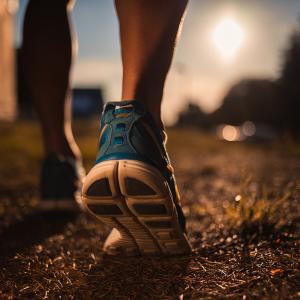
John G. Kennedy, MD
Photo: NYU Langone Staff
John G. Kennedy, MD, renowned for his visionary work in the surgical treatment of foot and ankle injuries, has been appointed the new chief of the Foot and Ankle Division in the Department of Orthopedic Surgery, and director of the Foot and Ankle Center at NYU Langone Health. He joined NYU Langone January 2, where he also holds the title of professor of orthopedic surgery at NYU School of Medicine.
Dr. Kennedy plans to treat patients at the new Foot and Ankle Center located at the Joan H. & Preston Robert Tisch Center at Essex Crossing, and perform surgeries at that facility and at NYU Langone Orthopedic Hospital in Manhattan.
“Having a surgeon with Dr. Kennedy’s pioneering experience and skill leading our Foot and Ankle Division benefits our patients tremendously,” says Joseph D. Zuckerman, MD, the Walter A. L. Thompson Professor of Orthopedic Surgery and chair of the Department of Orthopedic Surgery at NYU Langone. “His extensive research and clinical work in arthroscopic procedures and nonoperative treatments for sports foot and ankle injuries are set to catapult our division to a new level of excellence.”
Expertise in Sports Injuries of the Foot and Ankle Draws Worldwide Acclaim
Dr. Kennedy brings to NYU Langone a special interest in articular cartilage injury and joint preservation. He has been a leader in minimally invasive, arthroscopic treatments of cartilage injuries of the ankle and smaller joints of the foot. A former competitive athlete, he suffered a severe ankle injury during a rugby game in his youth, which inspired him to devote his career to studying these types of injuries.
An alumnus of the Royal College of Surgeons in Dublin, Ireland, Dr. Kennedy completed his surgical fellowship and orthopedic surgery residency at University College Dublin. In 2002, Dr. Kennedy started the first subspecialty foot and ankle sports injury clinic in New York City. Prior to joining NYU Langone, Dr. Kennedy spent 17 years as an assistant professor of orthopedic surgery at Weill Cornell Medical School, and as an assistant attending physician at Hospital for Special Surgery.
An award-winning researcher, Dr. Kennedy and his team collaborate on National Institutes of Health (NIH) research into cartilage regeneration and work with several international universities, investigating basic science and clinical outcomes in cartilage regenerations, tendon healing, and bone growth. These collaborations have resulted in more than 200 publications in medical journals and more than 500 presentations worldwide.
In addition, Dr. Kennedy serves as copresident of the International Society on Cartilage Repair of the Ankle, which last year established the International Consensus Meeting on Cartilage Repair of the Ankle to standardize ankle cartilage treatment algorithms.
New Foot and Ankle Center at NYU Langone
Patients who have common foot and ankle injuries, who need specialized care for foot conditions related to diabetes, or who have suffered sports- or dance-related injuries can seek care at any of NYU Langone’s Foot and Ankle Division outpatient locations. These include the new Foot and Ankle Center at Joan H. and Preston Robert Tisch Center at Essex Crossing, the Diabetic Foot & Ankle Center, and the NYU Langone Orthopedic Center. The Foot and Ankle Division builds on the already outstanding collaborative partnership between several of NYU Langone’s nationally ranked clinical departments, including the Department of Orthopedic Surgery and the Department of Rehabilitation Medicine.
Conditions that Dr. Kennedy and colleagues treat include osteochondral lesions or fractures of the talus and tibia, ankle instability, anterior and posterior ankle impingement, os trigonum syndrome, talonavicular osteochondral lesions, ankle and subtalar arthritis, Haglund’s syndrome, Achilles tendinosis, posterior tibial tendon dysfunction and syndrome, peroneal tendon conditions, first metatarsophalangeal joints arthritis, and sesamoiditis.
“My old mentor once said if I am doing what he taught me in 20 years, I’ll be doing the wrong procedure, and that is something that underlies my treatment philosophy to ‘do the right thing’ for our patients,” says Dr. Kennedy. “Sometimes surgery is not the right answer. Conservative therapies can help a patient get back on their feet sooner and more effectively. We utilize biologic and nonoperative interventions that have data to support their use. When we do operate, we use the most cutting-edge technologies that are evidenced-based to promote fast, efficient, and excellent patient outcomes.”

